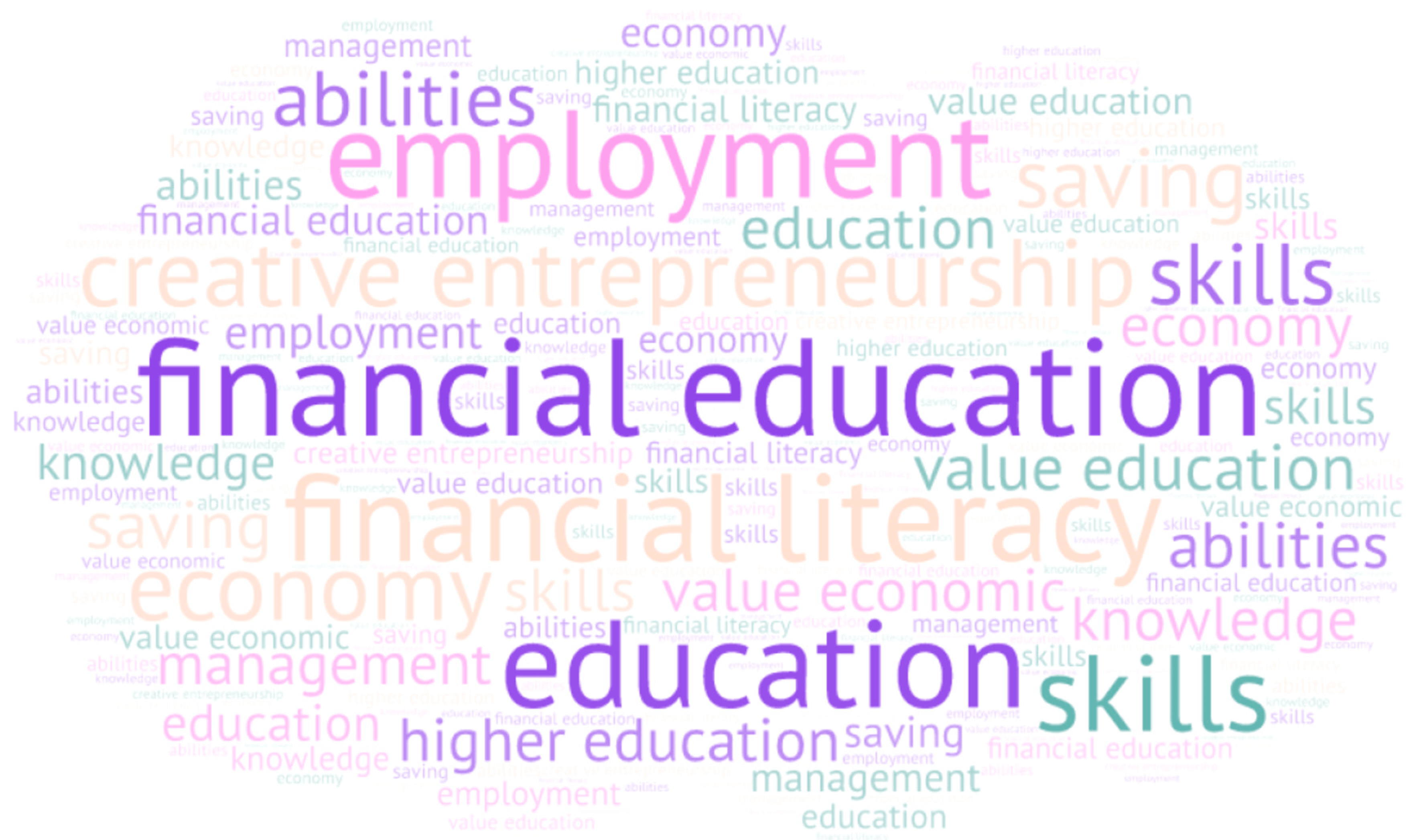Rising unemployment among young people is a serious challenge for all countries, whether developed or developing. At least 475 million new jobs must be created in the coming decade to absorb the 73 million young people currently unemployed and the 40 million new workers entering the job market each year.
Agenda 2030, Agenda 2063 for Africa, and the Continental Education Strategy for Africa (CESA 16-25) focus on the development of technical and vocational skills, specifically in terms of access to high-quality technical and vocational education and training (TVET) and the acquisition of technical and vocational skills for employment, decent jobs and entrepreneurship.
Since the World Health Organization declared COVID-19 a pandemic, dire scenarios have been announced for Africa. In response, African countries have taken steps ranging from closing their borders to closing schools and training centers to prevent the spread of the virus.
ADEA’s Inter-Country Quality Node on Technical and Vocational Skills Development (ICQN-TVSD) has studied the impact of the health crisis on technical and vocational education and training in five ICQN member countries, namely, Burkina Faso, Cameroon, Côte d’Ivoire, Tunisia and the Democratic Republic of Congo (DRC).
E-Learning: A TVET opportunity in Côte d’Ivoire
In Côte d’Ivoire, operation “schools closed, books open” was launched in late March 2020 and has continued despite the reopening of schools and training centers across the country in May. This initiative covers both general education and technical and vocational training, and aims to ensure continuity of education throughout the country despite the health crisis it is facing.
Several measures have been taken by the ministry responsible for TVET in Côte d’Ivoire to ensure the continuity of training, specifically the establishment of an online educational platform entitled “Ma formation en ligne.” This platform is accessible free of charge and provides learners in all fields and at all TVET levels with online courses and exercises.
At this point, 895 courses are available and new content is added every day. A forum enabling teachers to interact with learners and a technical assistance center (a call center to assist platform users) continue to be operational despite the resumption of classes in mid-May for both general and technical education.
Practices and difficulties in Cameroon, the DRC and Burkina Faso
Although general education has adapted somewhat to the current situation, the continuity of vocational training remains problematic in terms of the implementation of the solutions proposed by the ministries in charge. Although the opportunity was there to promote e learning, the lack of preparation of participants in the subsector has prevented the initiatives put forward from gaining much traction.
Another key factor is the cost of internet access and the lack of training of learners in these online tools. In most of these countries, classes resumed in June, however, no specific measures have been taken for technical and vocational training and all training institutions remain closed.
The crisis has revealed that the TVET subsector was inadequately prepared to deal with crisis situations and that it was a great deal easier to ensure that basic education continued during the crisis than vocational training.
Basic education and vocational training are closely linked, which underscores the importance that African countries introduce vocational training modules in basic education. They should create links between basic and vocational education to prepare young students for the labor market or help them develop the skills that their country really needs for economic development and crisis management.
COVID-19: An opportunity for TVET students to express their creativity
The health crisis has revealed the weaknesses and urgent action needed to ensure a greater contribution by technical and vocational training to crisis management. This includes the digitization of classrooms, the development of emergency plans to ensure continuity of training in the event of a crisis, the creation or updating of training curricula adapted to the needs and context of the African countries, and support for the empowerment of young learners who can provide innovative, sustainable solutions in the health field.
For unemployed young people from TVET programs, the coronavirus has given them an opportunity to demonstrate their creativity and innovation and offer their assistance in solving the crisis management problems in their communities and at the national level.
In Côte d’Ivoire, young entrepreneurs presented the “COVID-19 Initiative” to the authorities in April. This is an innovative solution to the coronavirus pandemic involving the use of drones to raise awareness and prevent the spread of the virus.
In Burkina Faso, young people have played an important role in mitigating the risks and increasing community awareness through multiple initiatives. To combat misinformation on the pandemic and its spread, youth associations together with the country offices of the United Nations Population Fund (UNFPA) have provided young Burkinabè on the interactive QG Jeune platform with tools to promote healthy behavior and the sharing of accurate information.
In Tunisia, solidarity initiatives have arisen spontaneously in vocational training centers, which have come to the assistance of hospitals and local institutions (municipalities and local governments, etc.) by making protective masks and bibs for staff and interns.
In several other African countries, students from TVET schools (sewing, welding, electronics, woodwork, etc.) have shown their inventiveness through a number of initiatives ranging from the production of reusable masks to the creation of foot-operated handwashing pumps and the production of visors and disinfection booths with or without the help of new technologies.
References: https://www.globalpartnership.org/blog/africa-how-can-technical-and-vocational-education-contribute-response-future-pandemics



